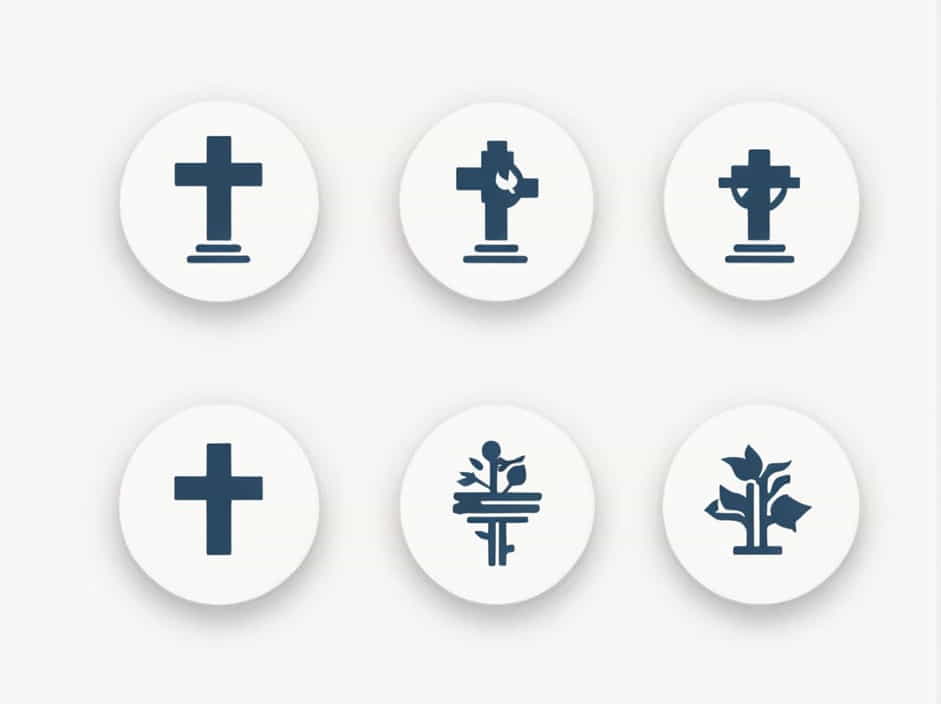The United Methodist Church (UMC) has a structured process for ordination, guiding individuals who feel called to serve in ministry. This process ensures that those entering ordained ministry are spiritually prepared, theologically educated, and committed to their role in the church.
The UMC has multiple levels of ordination, each with distinct roles, responsibilities, and requirements. Understanding these levels helps those discerning a call to ministry and provides clarity on the leadership structure within the church.
1. The Call to Ministry in the United Methodist Church
Before entering ordained ministry, an individual must experience a call to serve. This call can be:
- An inner calling – A personal conviction that God is leading them toward ministry.
- An external confirmation – Affirmation from a pastor, church members, or mentors.
Once someone feels called, they begin a discernment process that includes prayer, conversations with church leaders, and formal applications.
2. Certified Candidacy: The First Step
Before becoming ordained, a person must become a certified candidate for ministry. This involves:
- Consulting with a pastor and district superintendent
- Receiving approval from the local church
- Completing a psychological and background evaluation
- Undergoing theological education and training
Once approved, candidates can move toward one of the three primary levels of ordination in the UMC.
3. Licensed Local Pastor
A licensed local pastor is an individual authorized to preach, administer sacraments, and lead a congregation but is not fully ordained.
Responsibilities of a Local Pastor
- Preaching and teaching within a specific congregation.
- Administering sacraments (baptism and Holy Communion).
- Providing pastoral care and leadership.
Requirements to Become a Local Pastor
- Completion of the candidacy process
- Enrollment in the Course of Study program (a training pathway for those who do not pursue a full seminary degree)
- Approval from the District Committee on Ministry
Local pastors serve under appointment and must renew their license annually. They are not ordained but are given pastoral authority in the church where they serve.
4. Deacon: Ordained to Word, Service, Compassion, and Justice
A deacon is an ordained minister called to serve the church and the world through teaching, service, and social justice work. Unlike elders, deacons do not typically administer sacraments unless given special permission.
Responsibilities of a Deacon
- Teaching and leading in various ministry settings.
- Engaging in social justice and mission work.
- Assisting in worship services.
Requirements to Become a Deacon
- Completion of a Master of Divinity (M.Div.) or equivalent theological education.
- Approval from the Board of Ordained Ministry.
- Ordination as a Deacon by a bishop.
Deacons may work within a church, nonprofits, schools, hospitals, or other community settings, bridging the gap between the church and the wider world.
5. Elder: Ordained to Word, Sacrament, Order, and Service
An elder is a fully ordained minister with the authority to lead congregations, administer sacraments, and provide pastoral care. Elders play a central role in the spiritual life and governance of the United Methodist Church.
Responsibilities of an Elder
- Preaching and leading worship.
- Administering the sacraments (baptism and Holy Communion).
- Overseeing the spiritual development of a congregation.
- Providing pastoral care and counseling.
- Participating in church governance.
Requirements to Become an Elder
- Completion of theological education (Master of Divinity).
- Two-year residency period as a provisional elder.
- Approval from the Annual Conference and bishop.
Once fully ordained, elders serve under appointment by a bishop and are expected to fulfill their pastoral duties wherever they are assigned.
6. Bishop: The Highest Level of Ordination
A bishop is an elder who has been elected and consecrated to lead and oversee multiple churches within a geographic area (annual conference). Bishops are responsible for appointing clergy, guiding church policies, and ensuring the mission of the church is upheld.
Responsibilities of a Bishop
- Overseeing clergy appointments and church administration.
- Providing spiritual leadership and vision.
- Representing the United Methodist Church in national and global matters.
How Bishops Are Chosen
- Elected by the Jurisdictional Conference.
- Consecrated by other bishops.
- Assigned to oversee a specific region.
Bishops serve for a set term and may be reassigned to different conferences based on the needs of the church.
7. The Path to Ordination: Choosing the Right Role
Those considering ministry in the UMC should reflect on their gifts, calling, and desired level of commitment. Here’s a quick comparison of the levels:
| Level | Sacramental Authority | Role | Ordination Required? |
|---|---|---|---|
| Local Pastor | Yes (only in their assigned church) | Leads a congregation | No, licensed annually |
| Deacon | No (unless given special permission) | Teaching, service, and justice | Yes |
| Elder | Yes | Leads worship, administers sacraments | Yes |
| Bishop | Yes | Oversees multiple churches and clergy | Yes (after election) |
The United Methodist Church offers a structured path to ministry, allowing individuals to serve in various capacities based on their calling, education, and commitment. Whether as a licensed local pastor, ordained deacon, elder, or bishop, each role contributes to the spiritual life and mission of the church.
Understanding these levels of ordination helps both aspiring clergy and church members appreciate the leadership structure that guides the UMC in fulfilling its mission.
